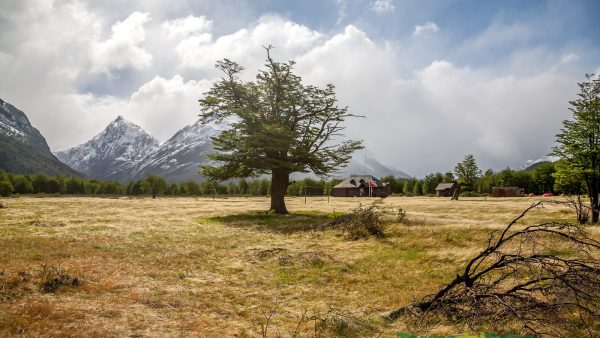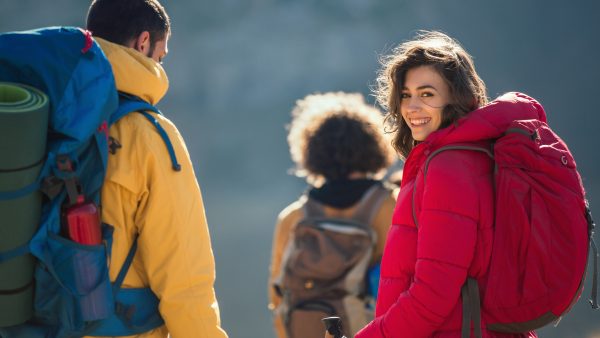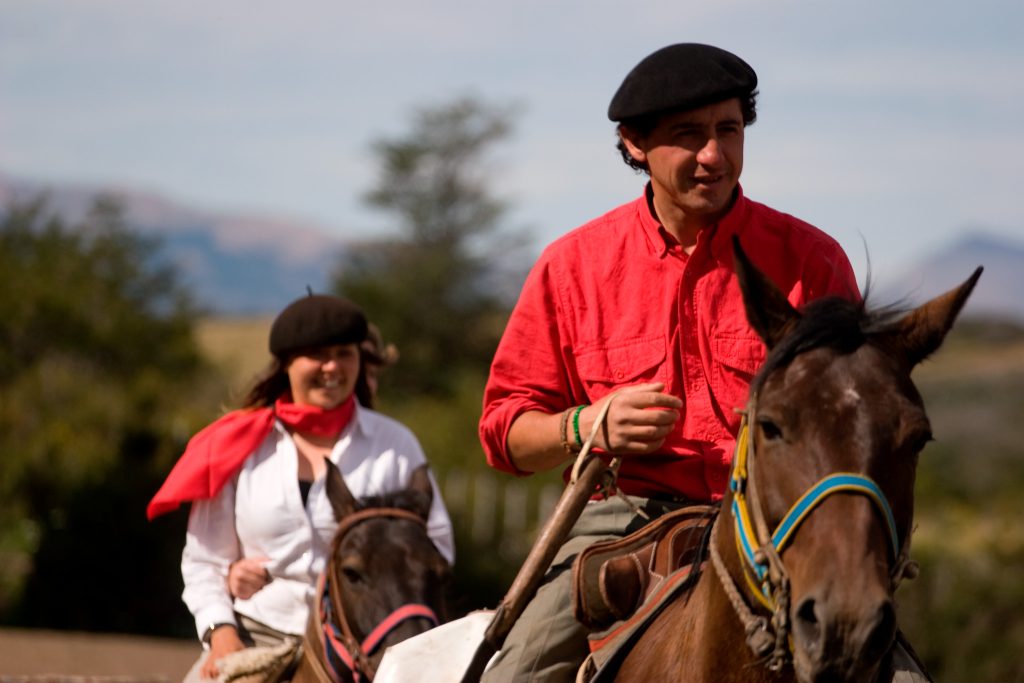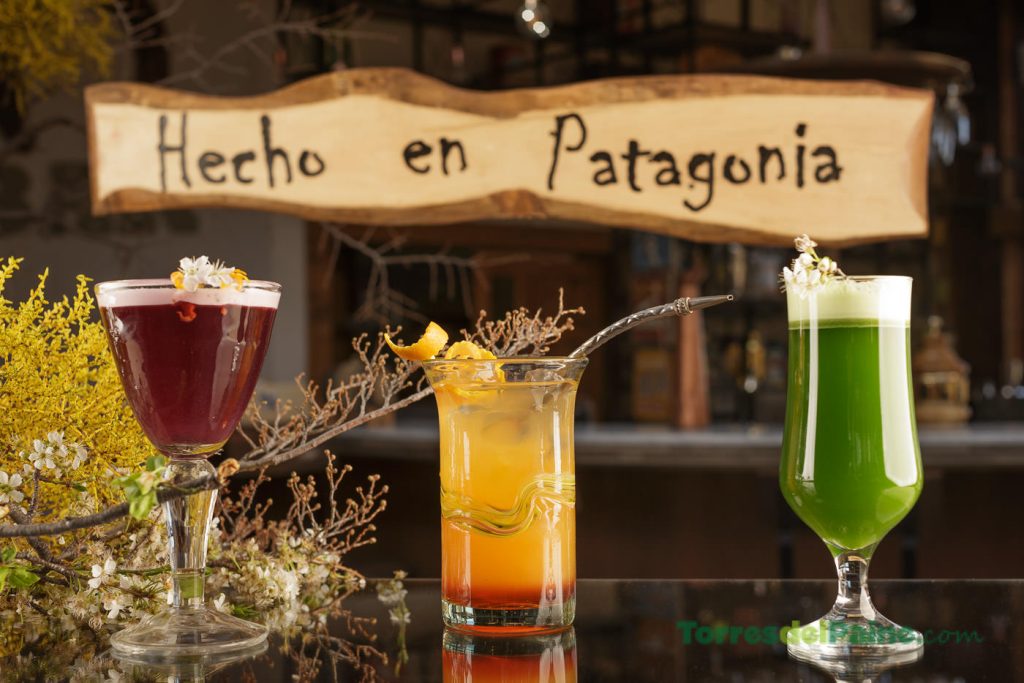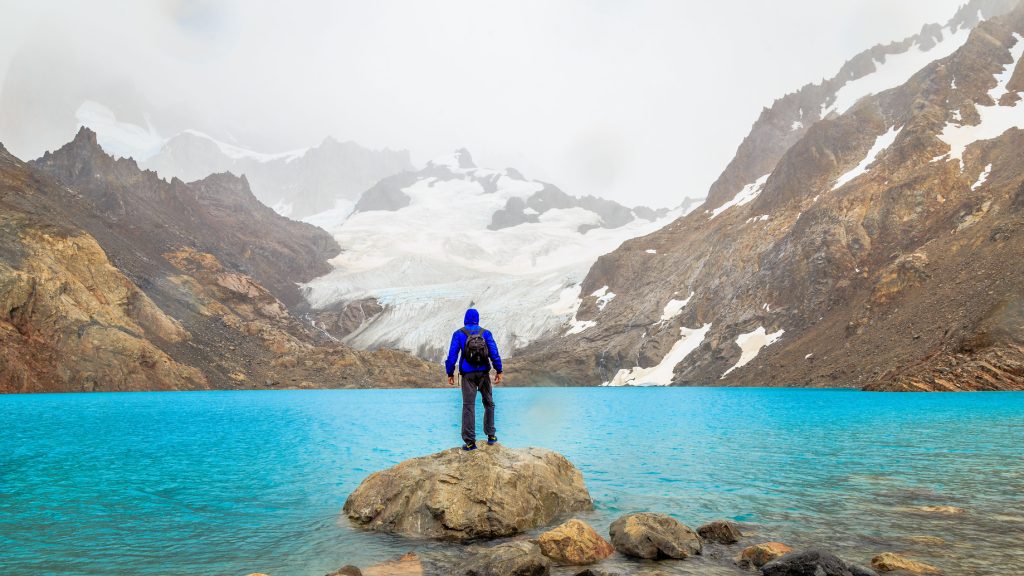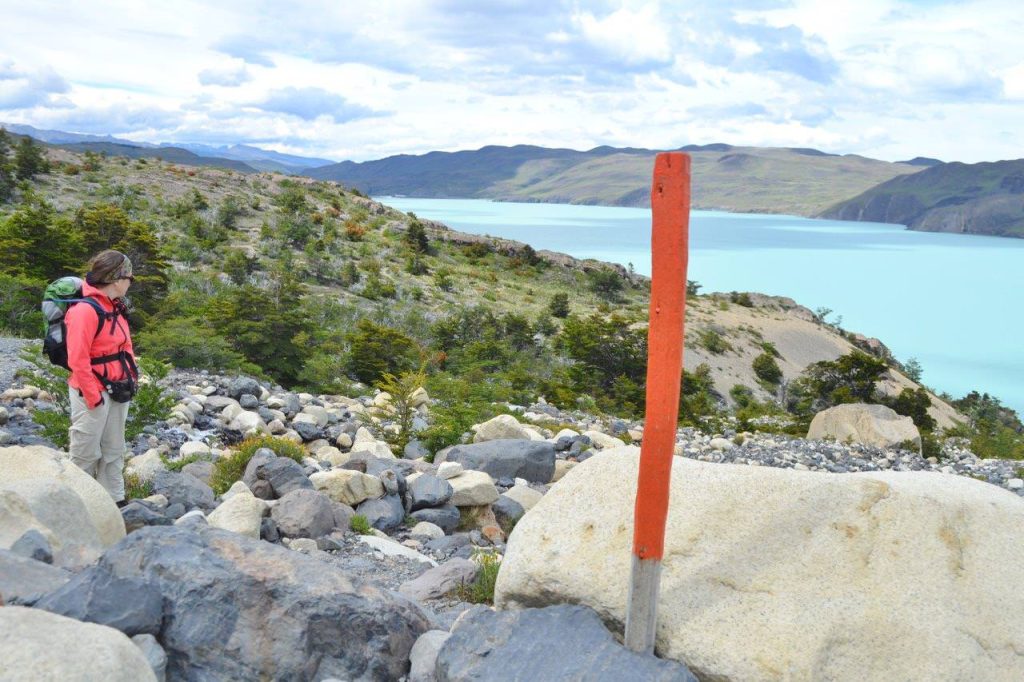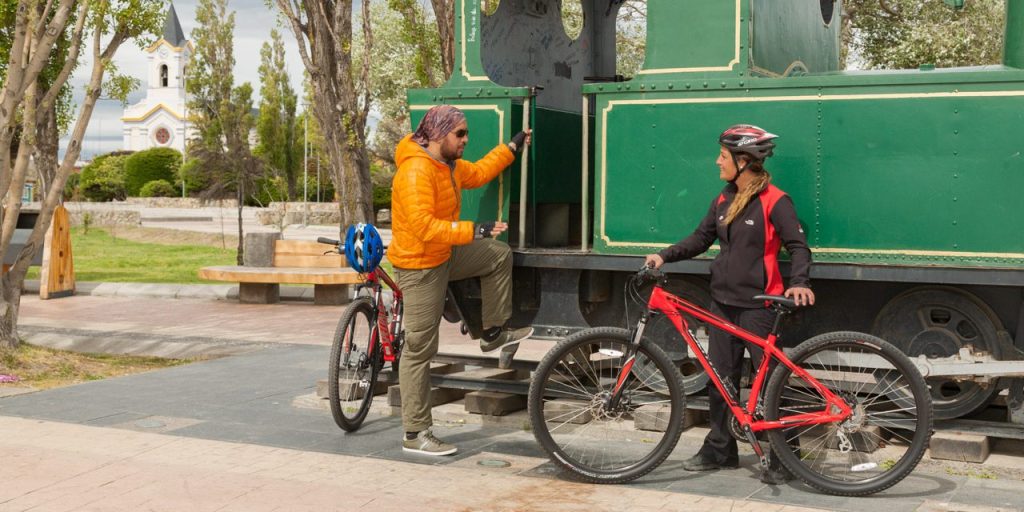Appreciate local traditions and customs
- Before traveling, ask about the local customs and traditions of the tourist destination that I will visit (customs festivals, anniversaries, anniversaries, among others), so that I will be able to share, participate and integrate with the community in a better way.
- Learn a few words in the native language. With this I will be able to establish a more significant contact with the local community.
- Respect and protect everything that makes a destination a unique and different place: from its history, its architecture and its cultural, natural and own values such as: religion, music, art, cuisine, among others. For example, ask for consent to take photographs inside churches, national monuments, or the local community.
Support the local economy
- Prefer local craft items and products made in the destination, this will allow you to contribute to the development of family, retail and small-scale economies.
- Treat local vendors and artisans with respect and kindness and promote a voluntary and fair business relationship between producers and consumers.
- Do not buy products that are obviously counterfeit, or that are prohibited by national or international regulations.
- When it comes to purchasing tours, always look for the established business to avoid scams and deception. Prefer tourist services that are operated by inhabitants of the commune or destination.
- Find out about products that are legally restricted from exiting or entering the country visited.
Respect the environment
- Buy products that do not require the use of endangered plants or animals for their production.
- Prefer group outings that allow savings in resources, money, fuel and a reduction in your carbon footprint. Find the most efficient and least polluting way to get around.
- Reduce, Reuse and Recycle solid waste during your trip. Bring your own water bottle to refill, avoid purchasing products with unnecessary packaging and packaging, and do not accept plastic bags to receive purchases of products that you can transport by other means.
- Reduce your water and electricity consumption in the tourist accommodation establishments you visit (request to use your towels and sheets for more than one day and when leaving a room remember to turn off lights, heating and air conditioning).
Be cautious when visiting wilderness, heritage, archaeological or other areas that appear fragile and/or valuable to you.
- Try to return the garbage generated during your visit to these areas (even organic waste), otherwise it could alter the diet of the native wildlife, dirty the landscape and affect the rest of the visitors.
- Choose routes that cause the least impact on the landscape, favoring existing roads and trails. Prefer guided tours, thus avoiding accidents and reducing soil erosion and compaction in protected areas, while strengthening local work.
- Do not commit environmental crimes. If you visit a protected area, remember that there are regulations and that they were created to preserve places and species of great ecological value and often in danger of extinction.
- Do not feed wildlife.
- Respect the signage and indications of existing communities in the area you visit. This will allow for a safer visit for you, your family and the environment.
- Do not remove natural resources, for example stones, fossils, snails, plants, flowers or others, from their original environment.
- Contribute to the maintenance of the infrastructure and equipment present in the protected areas by paying the requested fee and properly using the facilities.
Be an informed and respectful traveler
- Comply with local and national laws and regulations.
- Respect human rights and protect children from exploitation in any of its forms, especially sexual and labor exploitation.
- Find out how you can receive medical assistance or contact your embassy (for foreign tourists) in case of emergency.
- Find out about the weather conditions when you enter mountain areas or areas with variable hydrometeorological conditions. If you make solo or group tours to the mountains, report and leave a record of your visit with Carabineros, CONAF or other relevant institution.
- Get information from tourist information offices that have official public or private institutional support, in order to obtain objective, up-to-date information with tourist services and activities that comply with the legal provisions of the places you visit.
Read More
